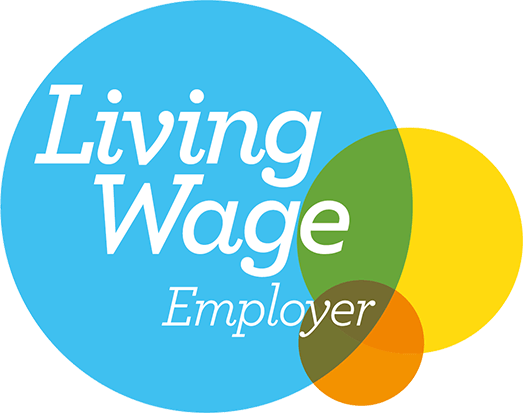News
The UK’s Rental Crisis - What’s next for renters?
21 April 2023
The supply and demand imbalance in the private rental sector continues to widen.

If you’ve not been living under a rock (which to be honest wouldn’t be that unlikely given the lack of other options lately), you’ve probably heard about the rental crisis that has got renters experiencing rent increases and movers being forced into bidding wars and even in-depth interviews to be chosen out of the innumerable applications for house shares.
The UK is facing a major shortage in the number of available rental homes. With the number of people renting across England and Wales doubling in the last decade and the number of UK homes down by a third in the last 18 months, the supply and demand imbalance in the private rental sector continues to widen.
This imbalance, along with the cost-of-living crisis and the many rising costs for landlords including interest and tax increases, many landlords are either decreasing their portfolios, pulling out of the industry altogether, or… increasing their prices – leaving renters struggling to find affordable accommodation.
Aside from rising costs being inflicted on landlords, the other key contributor to the crisis, one of which planning is at the centre of, is the lack of housing supply. It can be argued that the UK’s planning systems causes this shortage due to the barriers there are to actually building such as restrictions on building on the greenbelt. However, many also argue that simply building new homes will not be the night in shining armour needed to combat this complexed crisis.
Solution 1 – Planning Reform
Housing secretary Michael Gove has expressed that the planning system is “not working as it should” and early last year put forward new planning reforms as part of the Levelling Up and Regeneration Bill. The February 2022 Levelling Up White Paper reiterated the government’s commitment to making improvements to the planning system with building new homes being a key aspect of the levelling up process. There are hopes that the government's long-awaited planning reforms will streamline the planning process and make it easier to release more land for housing and to obtain planning permission.
Solution 2 – Renters Reform Bill
Before the end of spring this year, it is expected that The Renters Reform Bill will be formerly presented to Parliament. The new bill is expected to provide a series of benefits to both landlords and tenants however many are arguing that these reforms could have adverse effects if exploited. Many also are calling for rent freezes as a solution to the soaring rents with four in five London renters struggling to meet housing costs, however, Michael Gove has expressed his opposition to any caps or freezes being enforced on landlords in England this year. On the other hand, Scotland may have set a precedent having recently introduced a 3% cap on private rent increases.
Either way there don’t look to be any quick solutions to this problem, which is part of the cost-of-living crisis alongside energy costs and food inflation. Tough times for the young generation of graduates who are trying to get a first foot on the housing ladder.






